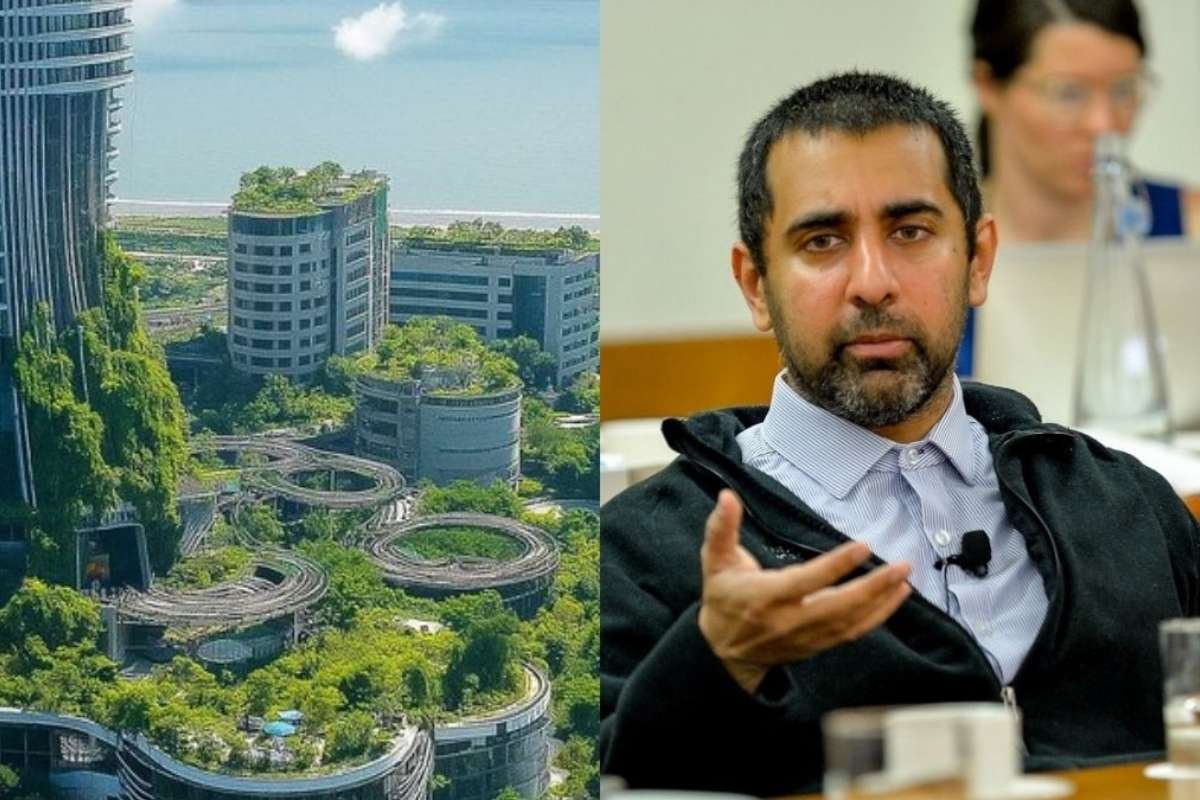Indian-American entrepreneur and former Coinbase CTO Balaji Srinivasan has made headlines after acquiring a private island near Singapore with a bold ambition to establish a new, independent tech-driven nation. According to reports, the initiative, called “The Network State,” envisions a sovereign digital-first country that caters exclusively to technology professionals, startup founders, and digital nomads. The report suggests that the project aims to bring together like-minded innovators into a decentralized society powered by blockchain, remote governance, and digital citizenship.
Srinivasan, a long-time advocate for libertarian digital governance, plans to use cryptocurrency, particularly Bitcoin, to fund and operate this new territory. The Economic Times reveals that the purchase of the island itself was transacted in Bitcoin, underscoring the project’s commitment to decentralized finance. Economic Times also highlights the project’s emphasis on building a “cloud-first” society, a digital nation with a physical footprint, flipping the traditional model of governance.
The Network State: From Idea to Reality
The concept of “The Network State” isn’t new to Srinivasan. As outlined in his earlier writings and a book by the same name, he envisions virtual-first communities that eventually gain real-world recognition as independent territories. As per LiveMint, the island near Singapore is just the first tangible step toward that goal. LiveMint explains that this island will serve as the pilot location, integrating real estate with blockchain governance, digital IDs, and smart contracts for civic administration.
Srinivasan’s plan includes offering citizenship through NFTs (Non-Fungible Tokens) and conducting democratic processes via decentralized apps (dApps). The island will not only offer residences and offices but also advanced infrastructure for tech startups. Key services such as healthcare, education, and finance will be digitally managed. If successful, the model could scale to multiple locations, creating a global archipelago of tech-first communities united by a shared ideology and a common digital platform.
Mixed Reactions and Future Implications
The announcement has sparked global interest and debate. While many in the tech industry have lauded the move as revolutionary, critics raise concerns over governance, legal recognition, and environmental impact. The Times of India notes that Srinivasan shared digital renders of the planned island, which include solar-powered facilities, fiber connectivity, and decentralized housing. TOI also points out that while the visual pitch is impressive, questions remain around legal sovereignty, geopolitical ramifications, and regulatory oversight.
Still, Srinivasan remains undeterred, describing the project as a necessary evolution of governance for the digital age. As nation-states struggle to keep pace with technological innovation, the Network State could represent a future where governance is opt-in, borderless, and decentralized. While many logistical and diplomatic challenges lie ahead, this island near Singapore may mark the first physical milestone in what could be a transformative chapter in how societies are formed in the 21st century.








